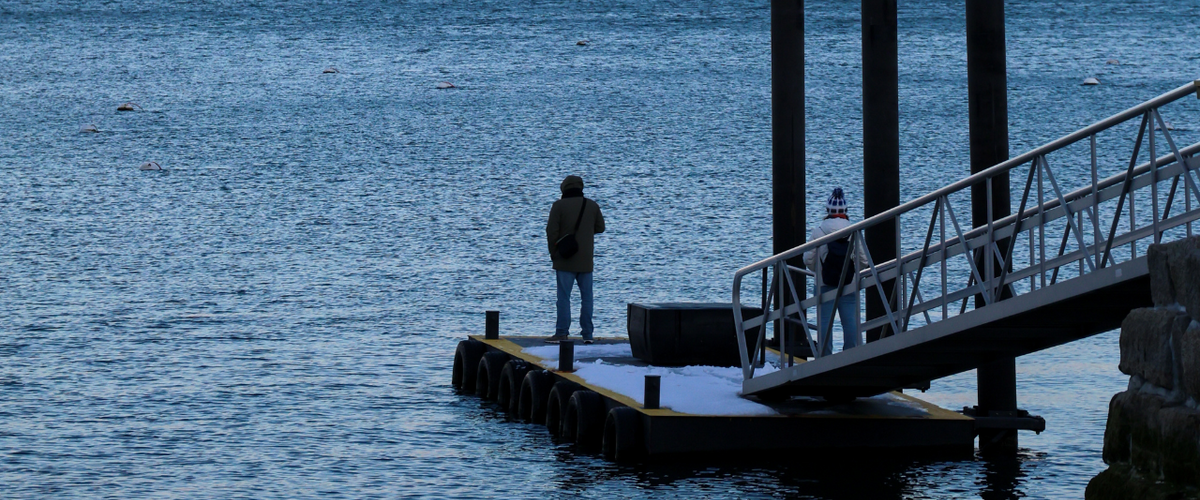Principal Investigator:
Co-Principal Investigators:
Marine organisms located offshore from urban centers face potentially negative interactive effects from pollutants (heavy metals, microplastics, pharmaceuticals, increased nutrients) and global change stressors (increasing sea temperature and acidity). Corals are just one example of a marine urban organism that may be vulnerable to these stressors. One seemingly resilient coral is Astrangia poculata, a temperate coral that exists along the eastern United States coast from Massachusetts to Florida, including in urban habitats such as New Bedford and New York Harbors. As such, it is an ideal system to investigate the upper limit thresholds of ecological toxicity from coastal urban runoff and wastewater effluent. Though the impact of such urban pollutants on marine organisms is well studied, it is unclear how impacts from pollutants may be amplified or diminished by global temperature changes, or how different life history stages will respond. Understanding the effect of these stressors on early life stages (egg and larvae) will allow researchers to evaluate whether urban pollutants or increased temperatures will reduce coral fecundity and fitness, which may ultimately lead to population reductions.
Fleming, Rotjan, and Heiger-Bernays propose to investigate the effects of microplastics (pollutant vector) and caffeine (urban indicator) under normal and elevated temperatures on the metabolic activity of the urban coral A. poculata in three life stages: adults, larvae, and eggs. During summer 2021, A. poculata individuals will be exposed to field-measured and elevated levels of caffeine (ng/uL), microplastics, and combinations thereof simultaneously with ambient (22°C) and elevated (30°C) temperatures. Metabolic activity (measured via oxygen consumption on a respirometer) will be used as a read-out to determine sublethal response to stressors. Overall, they aim to establish dose-response relationships for each stressor (caffeine, microplastics, and temperature) at each life stage, providing insight into the sensitivity threshold of this resilient urban marine organism. They also plan to investigate the interactive effects of multiple stressors. Their study tests the hypothesis that A. poculata will undergo metabolic changes under exposure to caffeine-laden microplastics, with higher mortality and metabolic depression at higher temperatures.
Read a Q&A with Caroline Fleming and watch a spotlight video.See more of our 2021 Early Stage Urban Research Award recipients



